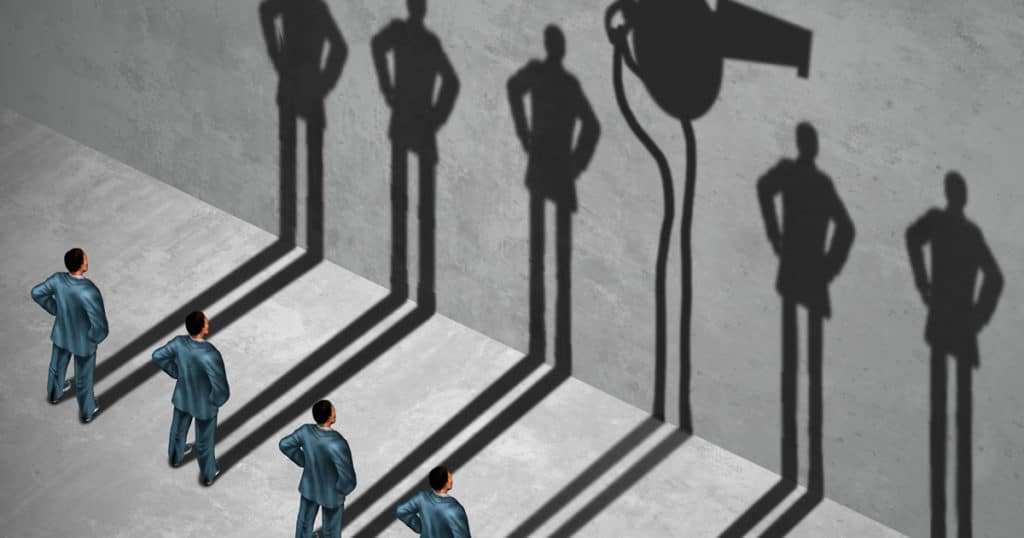As part of the 9th annual Whistleblower Summit and Film Festival, individuals can choose from over 40 films with the purchase of a festival pass. One of the films festival’s films is To Be Us: To Work, a profoundly thought-provoking documentary from production company To Be Us. The film covers the issue of racism in the workplace through interviews with people who share their personal experiences.
The individuals featured in To Be Us: To Work represent a wide variety of professional backgrounds, including education, healthcare, business, and the nonprofit sector. Following most interview segments, a narrator breaks down the anecdotes for the audience, explaining further how racism in the workplace functions against Black people and the myriad of ways racism happens in professional settings. Stories of racist comments explained away as “jokes” by coworkers, derogatory comments about appearance, speech, mannerisms, and behavior made by peers or superiors, and blatant racism in the workplace are common in the subjects’ stories. Especially prevalent in the personal testimonies were stories of microaggressions and how they affect one personally. Microaggressions are sayings or actions that seem racist, but the level of racism is low enough that the person experiencing it may not recognize it as racist. Stories of microaggressions and experiences are occasionally accompanied by recent headlines showing the pervasive and prevalent nature of the subjects’ struggles.
Several documentary subjects describe going to supervisors with information on workplace racism and hostile treatment to no avail. In some cases, the victim of the mistreatment was punished instead of the agitator and further retaliated against or even fired. Others talked about how they had wanted to speak up in certain situations but kept silent in fear of conforming to negative stereotypes of Black people and putting their jobs and livelihoods on the line. Through the subjects’ personal and emotional testimonies, it is clear to the audience that Black people are undervalued and victims of racism in the workplace and beyond.
The film also highlights how racism is an “embodied experience,” with the term “weathering” working “to capture how long term psychological and physiological exposure to racism leads to chronic health issues, advanced aging, and early death.” In each of the stories, the audience can see the lasting impact the racist workplace experiences have had on the individuals.
This film is a must-see, by hearing each individual’s story, the audience will come out the other side feeling more reflective and committed to making sure their workplace is welcoming to all.
View more about this year’s Whistleblower Summit and Film Festival.
View more events commemorating this year’s National Whistleblower Day celebration.
